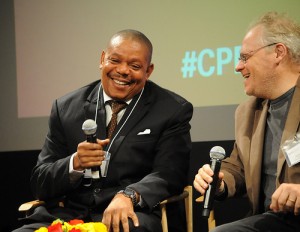
The invitation extended to Eko International Film Festival to take part in the 9th annual conference on cultural diplomacy of University of South California Los Angeles USA was amazing. This conference took place on the 28th of Febraury,2014.The Nollywood Industry was represented by the President of Eko International Film Festival which attracted wild rage of professionals from various fields of endeavors was well attended.
The welcome address was from
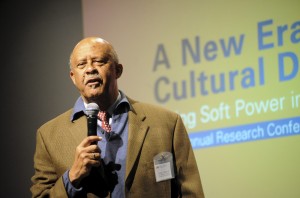
• Ernest J. Wilson, III, (Walter Annenberg Chair in Communication and Dean of USC Annenberg School for Communication & Journalism)
Followed by the Opening Remarks by
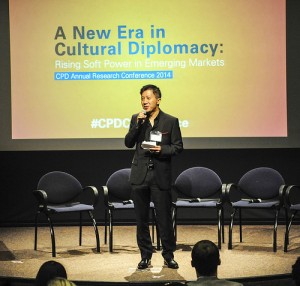 • Jay Wang, Director, USC Center on Public Diplomacy and Associate Professor, USC Annenberg School for Communication & Journalism.
• Jay Wang, Director, USC Center on Public Diplomacy and Associate Professor, USC Annenberg School for Communication & Journalism.
The first panelists deliberated on:
Cultural Diplomacy: Continuity and Disjuncture
This panel addressed the adaptations and changes that cultural diplomacy has undergone in the 21st century, considering the multitude of actors now present in the cultural diplomacy sphere.
Below are the professionals that took part on this section.
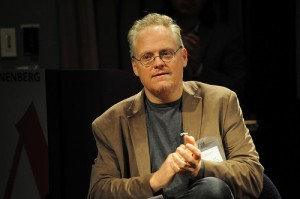
• Nicholas J. Cull, Director, Master of Public Diplomacy Program, USC Annenberg School for Communication & Journalism (chair)
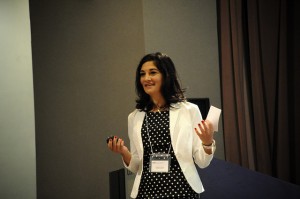
• Senem Cevik, Assistant Professor, Ankara University, Turkey
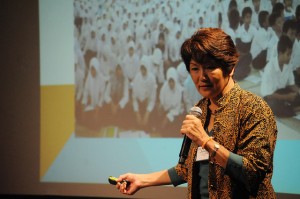
• Judy Mitoma, Professor (Emerita) of World Arts and Cultures, UCLA
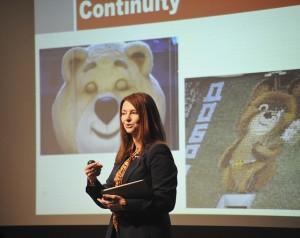
• Katerina Tsetsura, Gaylord Family Professor of Strategic Communication & Public Relations, University of Oklahoma
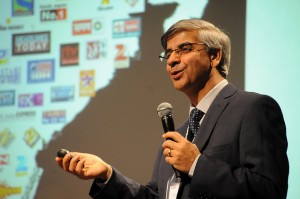
• Daya Kishan Thussu, Professor of International Communication and Co-Director of India Media Centre, University of Westminster
The second panelists deliberated on :
Confucius Institutes: The Globalization of Chinese Soft Power
The Confucius Institutes are a platform for Chinese cultural diplomacy through language learning and cultural exchanges. This interdisciplinary panel of experts discussed the Confucius Institutes’ operations the United States and South Africa. This panel on the Confucius Institutes is co-sponsored by the USC U.S.-China Institute.
Below are the professionals that took part during the second section:
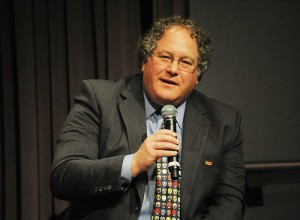
• Clayton Dube, Executive Director, USC U.S.-China Institute at the Annenberg School for Communication & Journalism (chair)
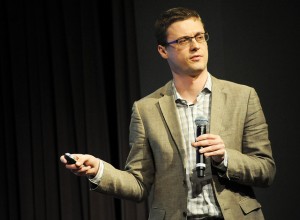 • Falk Hartig, Post-doctoral Researcher, Frankfurt Inter-Centre-Programme on new African-Asian Interactions AFRASO at Frankfurt University, Germany
• Falk Hartig, Post-doctoral Researcher, Frankfurt Inter-Centre-Programme on new African-Asian Interactions AFRASO at Frankfurt University, Germany
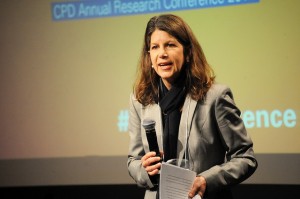
• Jennifer Hubbert, Assistant Professor of Anthropology, Lewis & Clark College
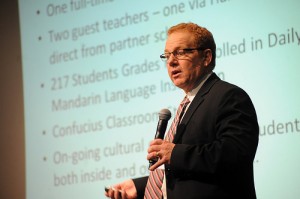 • John Layton, Assistant Superintendent, Lafayette School Corporation
• John Layton, Assistant Superintendent, Lafayette School Corporation
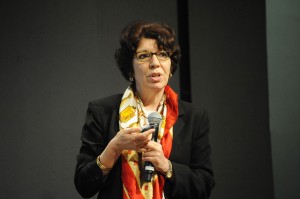 • R.S. Zaharna, Associate Professor, School of Communication and Affiliate Associate Professor, School of International Service, American University
• R.S. Zaharna, Associate Professor, School of Communication and Affiliate Associate Professor, School of International Service, American University
The third section was on
GREAT Britain in Emerging Markets:
How was Great Britain’s global campaign received in emerging economies? “This lunch conversation discussed the challenges and successes”
A representative from the British Prime Minister made his presentation
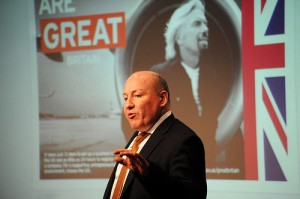
• Andrew Pike, Deputy Director, Prime Ministers’ Director of Strategic Partnership for the GREAT Campaign
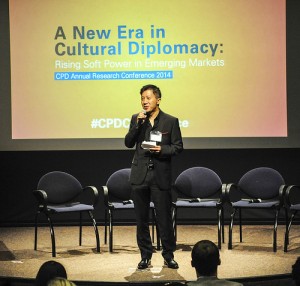 • Jay Wang, Director, USC Center on Public Diplomacy and Associate Professor, USC Annenberg School for Communication & Journalism
• Jay Wang, Director, USC Center on Public Diplomacy and Associate Professor, USC Annenberg School for Communication & Journalism
The forth section was on
Dialogues Through Film
Film festivals are flourishing around the world, yet their role in fostering cultural exchange remains under-examined. This panel examined how film festivals are a platform for creating shared cultural space.
Below are the professionals that deliberated on this section :
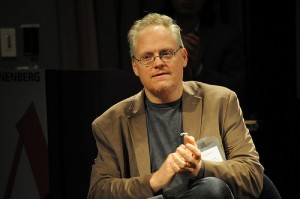
• Nicholas J. Cull, Director, Master of Public Diplomacy Program, USC Annenberg School for Communication & Journalism (chair)
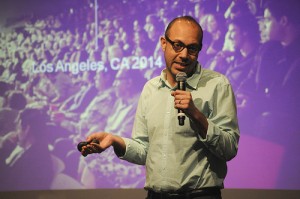 • Samuel Douek, Director, HOLA Mexico Film Festival
• Samuel Douek, Director, HOLA Mexico Film Festival
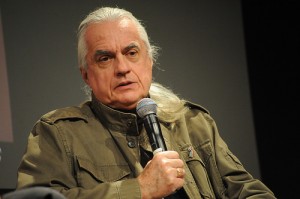 • Vladek Juszkiewicz, Executive Director, Polish Film Festival Los Angeles
• Vladek Juszkiewicz, Executive Director, Polish Film Festival Los Angeles
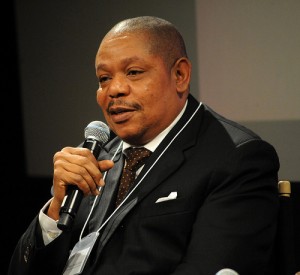 • Hope Obioma Opara,President & Founder, Eko International Film Festival.Lagos,Nigeria
• Hope Obioma Opara,President & Founder, Eko International Film Festival.Lagos,Nigeria
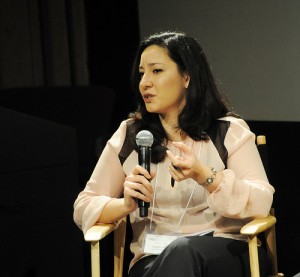 • Yasemin Yilmaz, Co-Founder, L.A. Turkish Film Festival
• Yasemin Yilmaz, Co-Founder, L.A. Turkish Film Festival
The Dialogue on Film was the section which Mr Hope Obioma Opara (President Ekoiff) participated as a panelist.
Cultural Diplomacy is the exchange of ideas, information, values, systems, traditions, beliefs, and other aspects of culture, with the intention of fostering mutual understanding”. This has at times been talked about as involving the use of soft power as opposed to hard power.
Culture is the way of life of a people. It consists of conventional patterns of thought and behaviour, including values, beliefs, rules of conduct, political organization, economic activity, and the like, which are passed on from one generation to the next by learning – and not by biological inheritance.
So many films are submitted for screening in every film festival and these films can be documentary, short film of a different genre, which the story line can based on religion, politics or culture, it can act as effective instrument for a positive change in terms of solving problems.
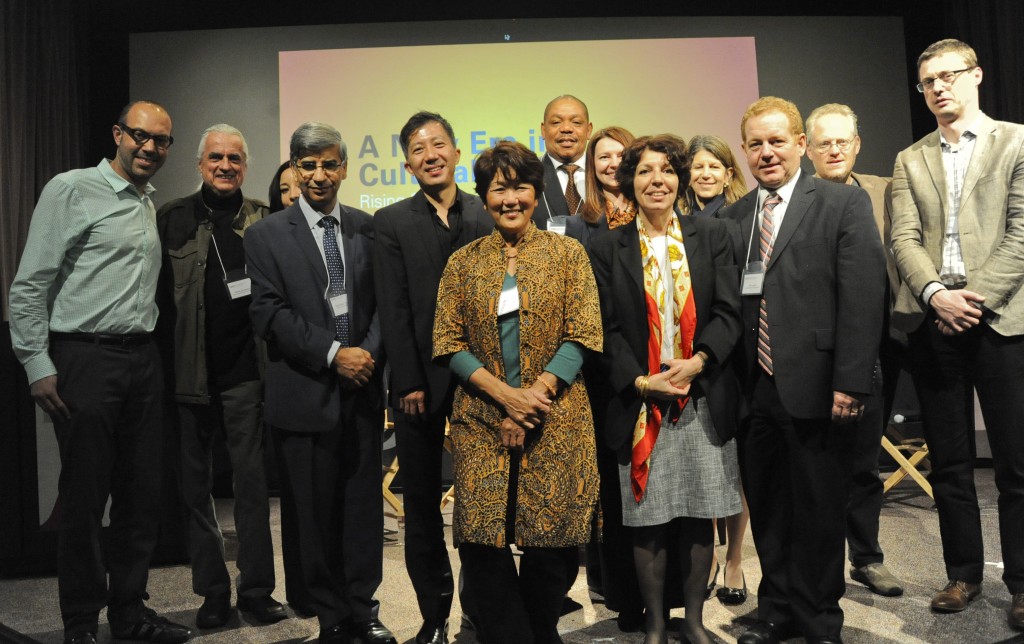
Members of the Delegates
Films are definitely a pathway through which Cultural Diplomacy and international relations can be conducted. In the case of the arts, and particularly in the case of ‘films as vehicles of Cultural Diplomacy’, it seems that soft power can contribute to the relations between countries and benefit both the private and public sector of a country’s economy.
Film allows the public to see a different side of the native country, a side which more than often shows the true realities rather than what the media want us to see.
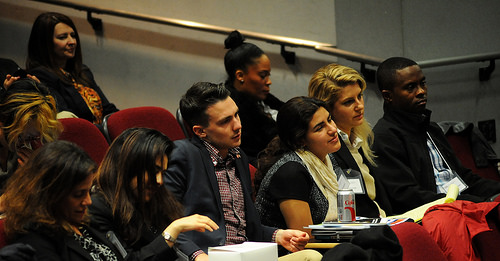
Audience
